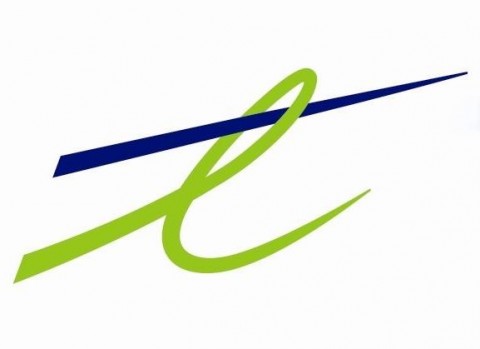
OTTAWA – Telus is the second big wireless provider to reach an agreement with the Competition Bureau to credit or refund its customers who were charged for premium text messages that they had been led to believe were free.
The Bureau said Wednesday that Telus will issue rebates of up to $7.34 million to select current and former wireless customers after it concluded that the Vancouver-based telco made, or permitted to be made, false or misleading representations in advertisements for premium text messages in pop-up ads, apps and on social media.
The rebates will apply to Telus, Telus Mobility and Koodo customers who were charged for certain premium text messaging services between January 1, 2011 and August 16, 2013. Eligible current customers will automatically receive a rebate, while eligible former customers will be notified by Telus with details on how to obtain their rebates and will have 120 days to make a claim.
The amount of money available for consumer rebates is the most obtained to date under a Bureau agreement. The previous record was set last March when Rogers agreed to offer rebates or credits of up to $5.42 million to customers who were charged for premium text messages that they did not ask for.
Both agreements come as a result of a Competition Bureau investigation of Rogers, Telus, Bell and the Canadian Wireless Telecommunications Association (CWTA) launched in 2012 alleging that the telcos promoted premium texting services while giving the impression that they were free. As part of the settlement, the Bureau said that it will discontinue the legal proceedings against Telus, however, the legal proceedings against Bell and the CWTA remain ongoing.
In addition to the rebates, the agreement requires Telus to publish a notice to all affected customers and establish a consumer awareness campaign to educate consumers on how to avoid unwanted wireless charges
Telus will also donate $250,000 to the Ryerson University Privacy and Big Data Institute; Éducaloi, a non-profit organization dedicated to helping the public understand their rights and responsibilities under the law, and the Centre de recherche en droit public de l'Université de Montréal.
“Consumers expect and deserve truth in advertising”, said the Bureau’s senior deputy commissioner of competition Matthew Boswell, in a statement. “Allowing a third party to take advantage of consumers through misleading advertising is a violation of the Competition Act. We are pleased that Telus has taken steps to prevent this from happening again, as we continue our work to ensure that consumers benefit from accurate information in the digital economy."



